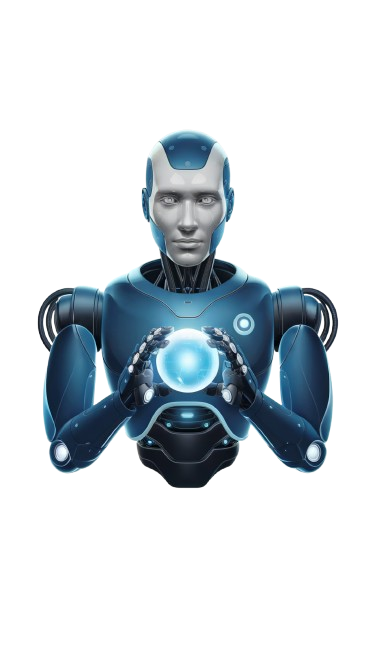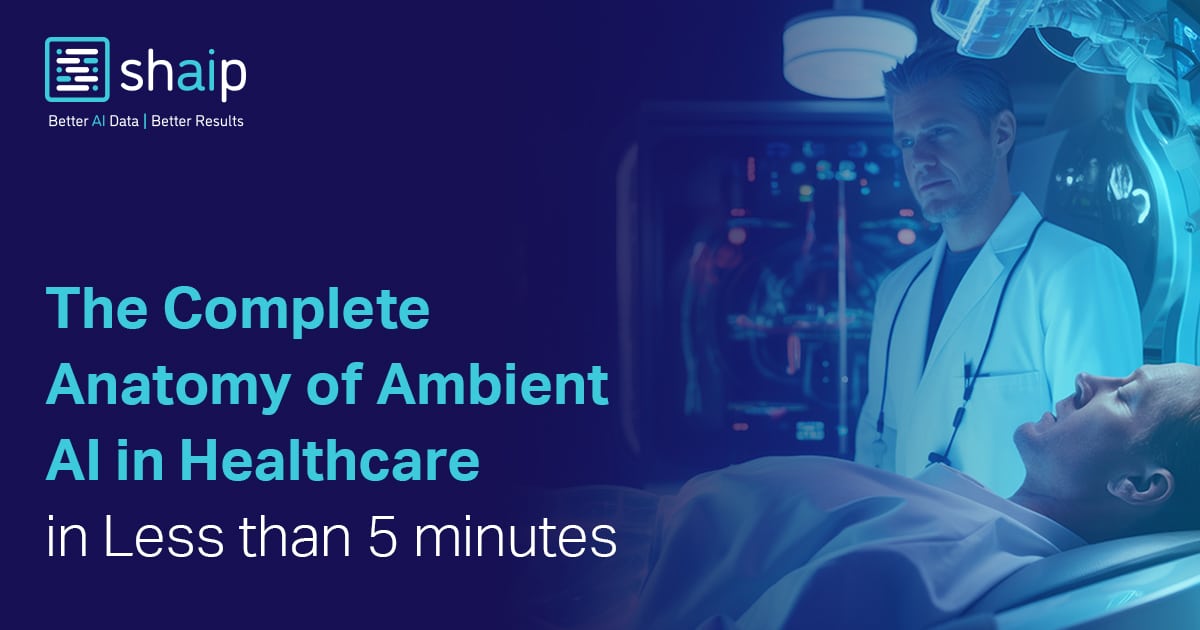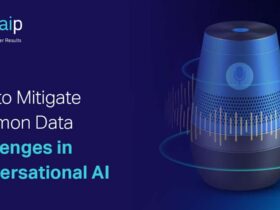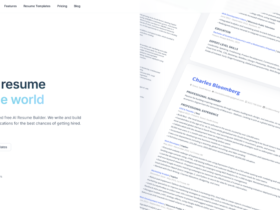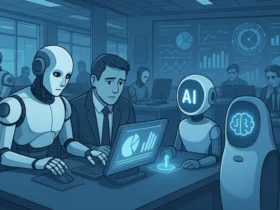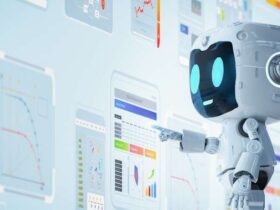As we have observed in the recent past with the rise of Gen AI and GPT models, contextual understanding is changing the game for how AI models are integrated with human lives. Since the responses and actions triggered by ambient AI are autonomous, nuanced, and bespoke, their implications in the field of healthcare are revolutionary.
Understanding Ambient AI In The Context Of Healthcare
Whenever we talk about the future of healthcare, we often tend to discuss tangible breakthroughs or equipment discoveries. However, for such large-scale revolutions to happen, smaller accomplishments are inevitable.
Ambient AI is one such small yet significant step in the evolution of healthcare AI that will open up possibilities that we never knew existed. To give you a better idea, here are the different ways ambient AI will rewrite healthcare conventions.
Minimize Or Mitigate Time Spent In Clinical Documentation

This is where ambient AI comes in with its instantaneous generation of clinical documents through:
- Observing patient interaction and story either as part of the app or an external device
- Curation of diverse supporting documents such as medical imaging files of patients from their respective EHRs
- Compile any other unstructured data that would support diagnosis, treatment, or prognosis and more
Remote Patient Monitoring

- Consistently track patient symptoms and see if they are under control
- Aid in early detection of anomalies that could lead to life-threatening diseases.
- Remote monitoring by hospitals to assist healthcare stakeholders in understanding patient recovery
- Proactively remind patients about their upcoming appointments and even schedule cab services if a surgical procedure is involved and more
Formulation Of Personalized Treatment Plans

Since such individualistic variations are considered, healthcare is more impactful this way, minimizing risks of side effects and adversaries.
The Way Forward
When it comes to ambient AI, the idea is to make the technology as invisible and humane as possible. The evolution of this concept demands not just backend functionalities such as AI training and data annotation but a deeper understanding of the humane intricacies involved in the healthcare ecosystem.

